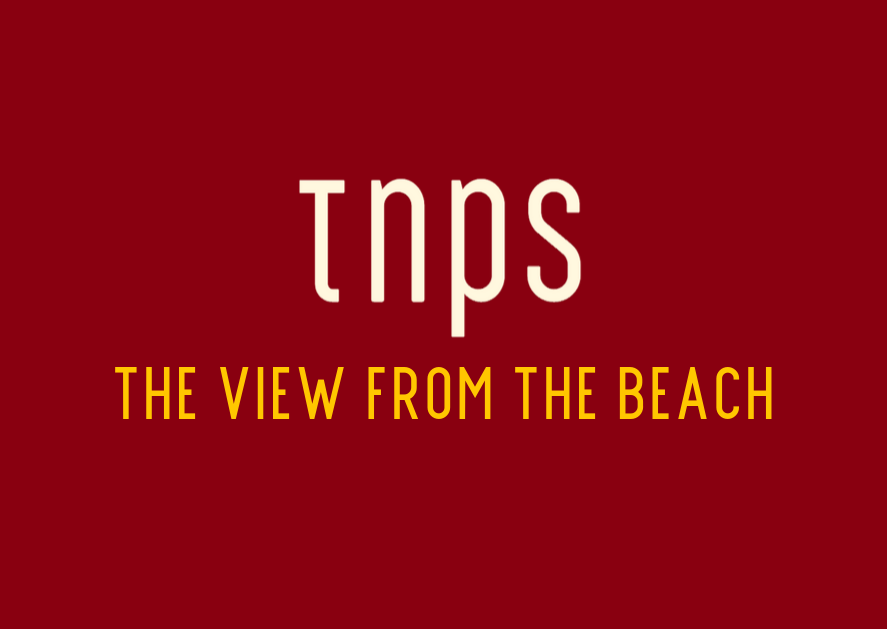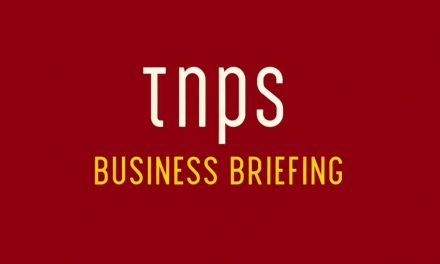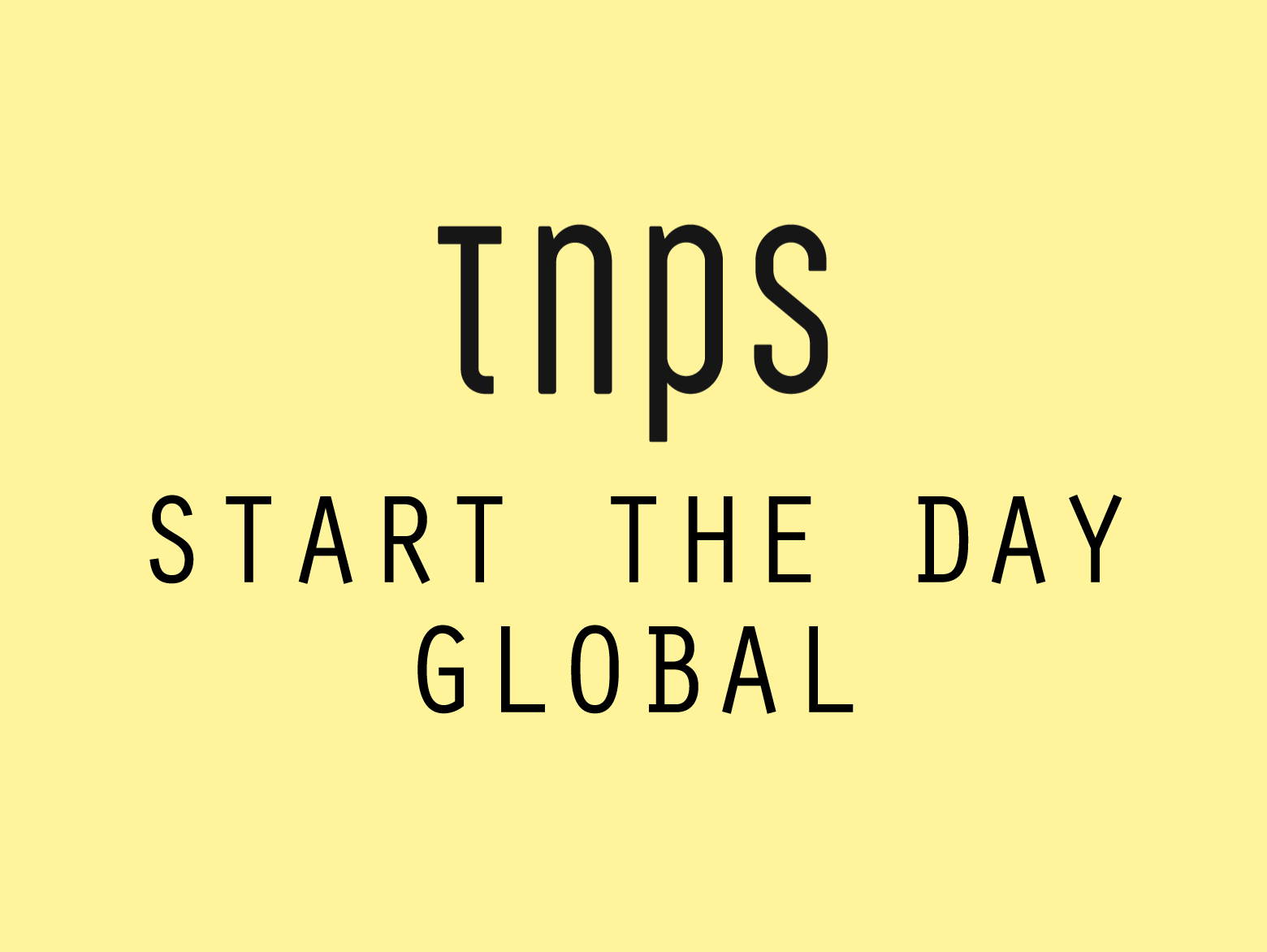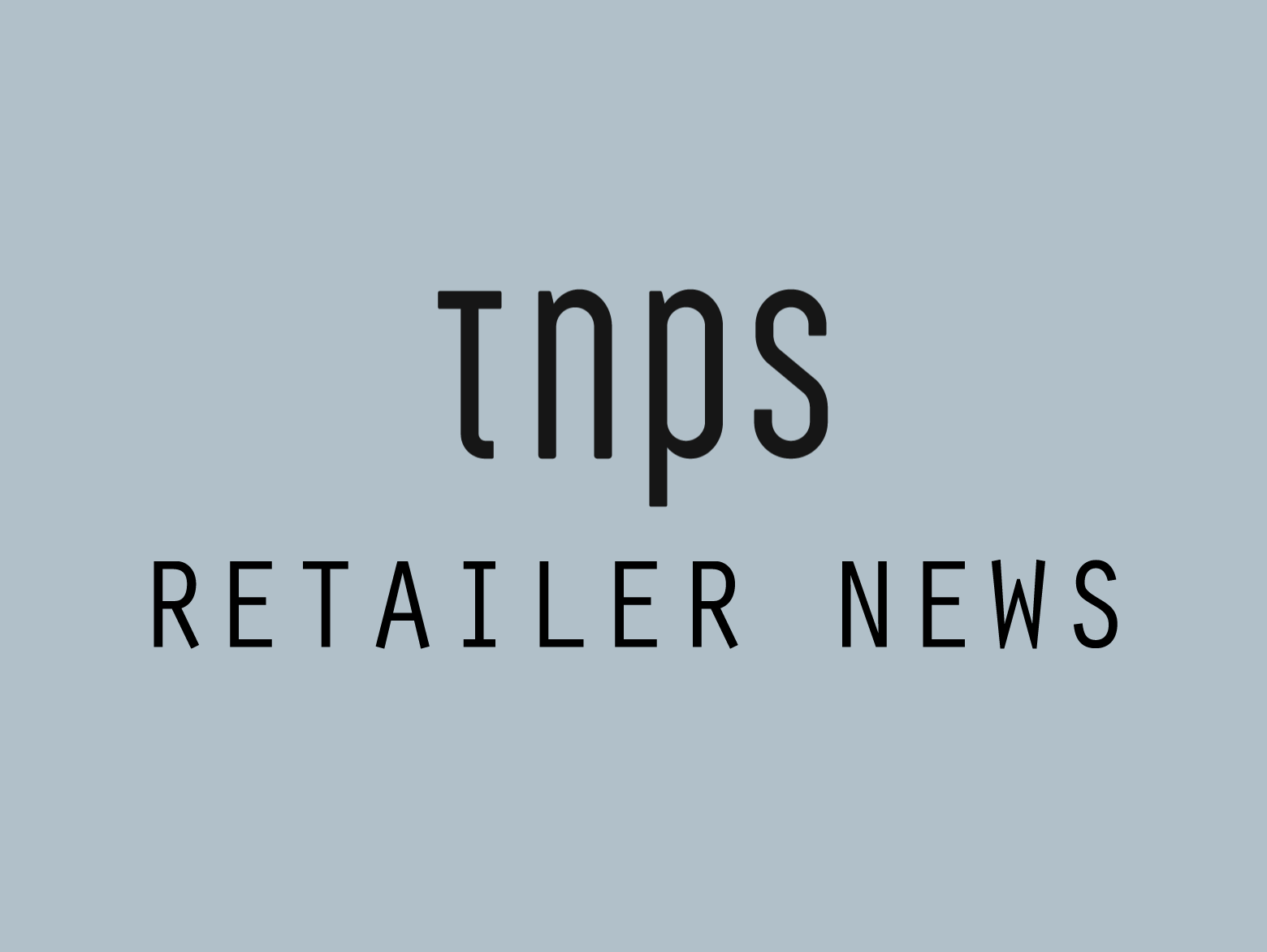Do you have any idea how many secondary schools there are in the UK? How about 4,190, per BESA. So Penguin, two down, 4,188 to go! So far you are averaging two a year, so you could have a book-vending machine in every secondary school in the country by 2064!
Penguin Books recently unveiled a book-vending machine at Linlithgow Academy in Scotland, aiming to promote diverse literature among secondary school students.
More than 800 schools across the UK put in bids for the machine, which will stock more than 1000 books, that will give students access to Penguin’s ‘Lit in Colour’ series, which aims to highlight works of literature written by authors of colour. Free for students to use, teachers will manage the device using a token system.
According to research carried out by racial equality charity The Runnymede Trust in 2021, less than one percent of students at GCSE level had studied works penned by authors of colour.
I have to say, as a one-time teacher in the UK, that I find that implausible. English is not an opt-out subject at GCSE and “authors of colour” always feature in the set texts.
Among the set texts for GCSE this year are works by Jamila Gavin, Tanika Gupta, Benjamin Zephaniah, Chinonyerem Odimba, Chinua Achebe, Meera Syal and Kazuo Ishiguro, and likely I’ve missed others.
No question there are more white than “coloured” authors, but I have to ask how the Runnymede Trust managed to come up with this less than one percent value.
Supposedly, the ‘Lit in Colour’ aims to break down these barriers, giving schools the necessary resources to platform a diverse range of authors.
All very laudable, and touching a subject close to my heart here in The Gambia, where there are literally no books, other than the government-published set text books, that feature Gambian children, or even black African children. Books of any description are hard to find here.
In the UK there are of course more books than could be read in a thousand lifetimes, but especially for schools, very few books for older readers reflect the diverse cultures of the wider world. For younger kids that’s slowly being balanced. For older kids this initiative by Penguin is intended to help too, and safe to say it is making a difference, for this one school and for the one one other school that previously received a book-vending machine.
But… What was Penguin thinking of? Do we not have enough on our plates fighting the commoditising of books without the world’s biggest trade publisher turning the work of “authors of colour” into commodities? And no, making them free with a teacher-controlled token changes nothing.
Dr Zaahida Nabagereka, Senior Social Impact Manager and Head of Lit in Colour at Penguin, said, “The vending machine is part of Penguin’s ongoing Lit in Colour campaign, which aims to make the teaching and learning of English literature in UK schools more inclusive of writers of colour.”
So Dr Nabagereka, explain exactly how making 1,000 books available behind glass in one school in Scotland is making the “teaching and learning of English literature in UK schools more inclusive of writers of colour.”
Do you have any idea how many secondary schools there are in the UK? How about 4,190, per BESA. So Penguin, two down, 4,188 to go! So far you are averaging two a year, so you could have a book-vending machine in every secondary school in the country by 2064!
Vending machines for books completely undermines the traditional experience of discovering literature. Books are not chocolate bars or canned drinks. Unlike a library, where students can browse, touch, and discuss books with librarians, a vending machine limits interaction to peering through a glass window. And out of that same window goes the joy of serendipitous discovery and the tactile experience of handling a book.
At least with a mobile-phone glass window you get to see a product description, use a “Look Inside” feature, find out about the author, and read reviews from other readers. With a vending machine, you just see the cover.
If you want to put books behind a screen so kids can enjoy them, Penguin, then make them freely available on a streaming service for schools.
Or better still, donate these books in physical format to school libraries around the country in a curated environment where books are displayed thoughtfully, and librarians can guide students in their reading choices.
This post first appeared in the TNPS LinkedIn newsletter.





